Android
Google cancels Pixel Tablet 2 amid profit concerns and Android 16 aims to supercharge Gemini’s app control
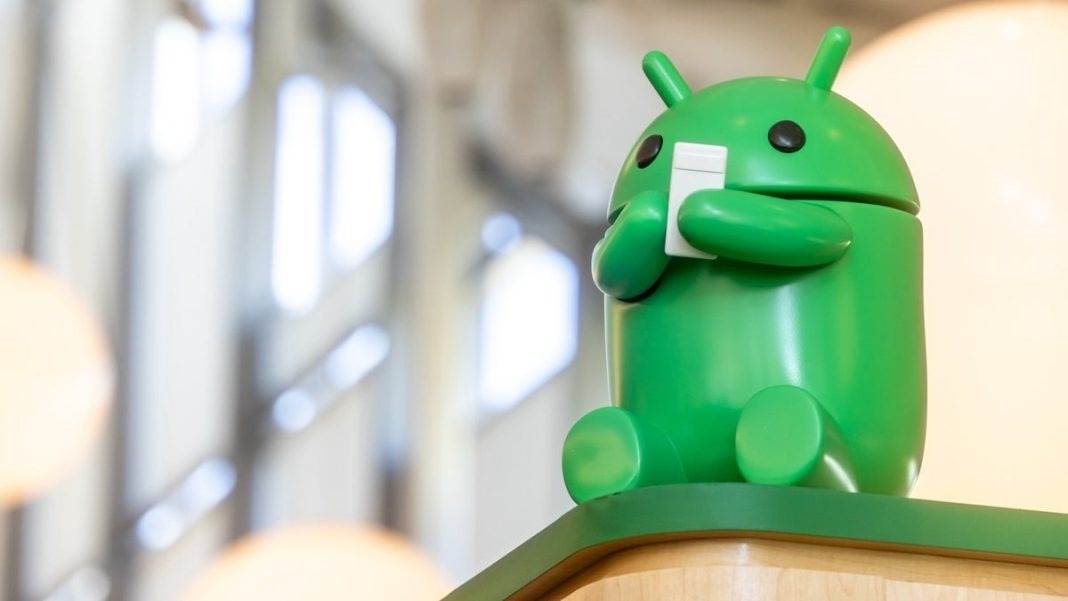
Google Drops Pixel Tablet 2 Plans Over Profitability Issues
Google has reportedly decided to cancel the Pixel Tablet 2, originally slated for release in 2025, due to concerns about its financial viability. The original Pixel Tablet, launched in 2023, was expected to have a successor, with rumors even hinting at plans for a third-generation device (codenamed “Kiyomi”) targeted for 2027.
What Could Have Been: Pixel Tablet 2 Features
The Pixel Tablet 2 was in its early development phase. It was rumored to feature thinner bezels and a first-party keyboard cover with a built-in touchpad, offering enhanced functionality. A 5G variant was also reportedly in the works. However, internal evaluations suggested the product might struggle to achieve profitability, leading Google to halt the project.
Despite the setback, there is no indication that Google has entirely abandoned large-screen devices. Reports suggest that work on a Tensor G6-powered Pixel Tablet for 2027 might still be in progress. Owners of the current Pixel Tablet can rest assured that their devices will continue receiving software updates.
Android’s Commitment to Large Screens
Google remains invested in optimizing Android for large-screen devices, including tablets and foldables. Features like desktop-style windowing, expected to roll out in Android 15 QPR1 this December, signal ongoing development for better multitasking and productivity on bigger displays.
Additionally, Google’s rumored efforts to unify ChromeOS and Android could enhance large-screen support by enabling seamless desktop-level interactions on Android devices.
Android 16 and Gemini: The Future of App Control
Google is betting heavily on its AI-driven Gemini chatbot, aiming to integrate it deeply across its ecosystem. Currently, Gemini serves as the default assistant for many devices, but its ability to control Android apps has been limited. This could change significantly with the release of Android 16, which introduces a new framework designed to let services like Gemini perform tasks directly within apps.
Gemini Extensions and Their Limitations
At present, Gemini Extensions allow the AI to interact with external services like Google Maps, YouTube, and Google Workspace. These extensions pull data from backend APIs but don’t enable direct control over Android apps. For instance, Gemini can fetch flight details using Google Flights but cannot navigate or book flights directly within the app interface.
While extensions like “Utilities” offer basic control through predefined actions, they lack scalability. Many apps don’t provide public APIs, and relying on screen reading or accessibility inputs would result in inconsistent performance.
Android 16’s Game-Changing API: “App Functions”
Android 16 addresses these challenges with a new feature called “app functions.” According to Google’s developer documentation, app functions are specific pieces of functionality that apps expose to the system. For example, a food delivery app might create an app function labeled “orderFood,” which Gemini could use to initiate an order.
This functionality works by defining app-specific services accessible only to system-level processes. Permissions like EXECUTE_APP_FUNCTIONS and EXECUTE_APP_FUNCTIONS_TRUSTED regulate access, ensuring security and reliability. While these permissions are currently limited to system apps like the Google App and Android System Intelligence, they allow AI systems like Gemini to perform actions inside third-party apps.
A Leap Beyond Google Assistant
The app functions framework could enable Gemini to achieve what Google Assistant never fully managed: seamless multitasking across apps. Imagine using natural language to control apps, schedule tasks, or complete complex workflows. For example, users might book a hotel, order food, or respond to messages—all through voice commands or conversational inputs.
This vision aligns with Google’s 2019 promise of a “new Google Assistant” capable of orchestrating tasks across multiple apps. Android 16’s innovations could finally make this vision a reality, transforming Gemini into a versatile AI agent for Android devices.
Challenges and Adoption
The success of this system will depend heavily on developer adoption. App developers will need to implement app functions to unlock Gemini’s full potential. If widely embraced, this feature could redefine how users interact with Android apps, making AI-driven multitasking and app control a central part of the Android experience.
Conclusion
While the cancellation of the Pixel Tablet 2 marks a step back for Google’s hardware ambitions, the advancements in Android 16 signal exciting possibilities for the future. By empowering Gemini with robust app control capabilities, Google is paving the way for smarter, more intuitive interactions with Android devices. The coming years could see AI becoming an indispensable part of how we use smartphones and tablets.
Android
Google’s May 2025 Android updates: better performance and messaging

Google’s May 2025 Android updates bring exciting changes to improve how your phone works and how you message. These updates focus on making devices faster, safer, and more user-friendly.
One big change is to Android’s memory system. By increasing the memory page size from 4KB to 16KB on newer devices, apps can load quicker and use less power. This helps phones, especially those with modern chips, run smoothly and save battery life. Older devices will stick with the smaller page size to avoid issues.
The Google System Updates for May also add new features. Google Wallet now supports more card types and makes transit passes easier to use in apps like Google Maps. The Play Store now shows video previews of apps, helping you decide what to download. There are also fixes to improve battery life, storage, and network performance, making your phone more reliable.
For Google Messages, a new “delete for everyone” feature lets you remove sent messages from group chats within 15 minutes. This works for both RCS and SMS, so you can fix mistakes easily. Other messaging upgrades include better scam detection and the ability to send high-quality photos and videos. These updates show Google’s effort to make Android devices faster, more secure, and better for communication. Keep your phone updated to enjoy these improvements!
Android
New updates for YouTube, Gemini, and Google Home apps

Google is rolling out exciting changes to its YouTube, Gemini, and Google Home apps, making them more user-friendly and packed with cool features. These updates, announced in May 2025, aim to improve how you watch videos, edit images, and control your smart home.
The YouTube app for TVs is getting a fresh look. You’ll see better video previews, easier ways to subscribe to channels, and a smoother interface for browsing playlists and comments. Autoplay will also work smarter, keeping you hooked on your favorite content without extra clicks. These changes will hit your screens by summer 2025, perfect for binge-watching on Google TV or Android TV.
Meanwhile, the Gemini app now lets you edit images like a pro. Want to change a photo’s background or add fun elements? Just type what you want, and Gemini’s AI makes it happen while keeping the original picture intact. It even adds a small “ai” watermark to show it’s edited. This feature is available in the U.S. and works on both uploaded and AI-made images, with more countries getting access soon.
The Google Home app (version 3.32) is also stepping up. It now supports more smart devices, like cameras and doorbells, and offers quicker controls for lights and thermostats. A new “Activity” tab lets you see what’s happening with your devices in one place, making your smart home easier to manage.
These updates show Google’s focus on making its apps simpler and more powerful, whether you’re streaming, creating, or managing your home. Keep an eye out for these changes to enhance your daily tech experience
Android
Google Pixel phone and watch update for May 2025 brings fixes and a fresh app look
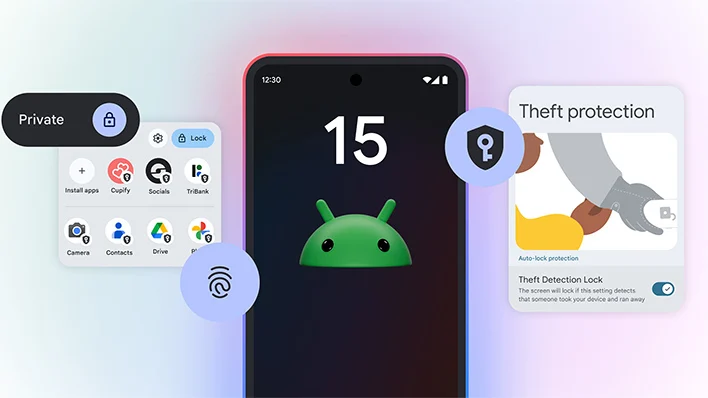
Google is rolling out its May 2025 software update for Pixel devices, making things smoother for phones, tablets, and the Pixel Watch app. This update is all about fixing bugs and adding a small but nice change for Pixel Watch users. It’s available for devices running Android 15, like the Pixel 6, 7, 8, 9 series, and Pixel Tablet. The rollout started on May 7, 2025, and will reach devices over the next week, depending on your carrier.
For Pixel phones and tablets, the update tackles three key issues: better microphone recording, improved Bluetooth pairing, and general performance tweaks. It also includes 28 security fixes, with one possibly being targeted by hackers, so updating soon is a good idea. If you have a Pixel 6 or 8, note that this update locks the bootloader, meaning you can’t go back to older software versions.
On the Pixel Watch side, there’s no major device update this month, but the Pixel Watch app on Android now has a light theme option. This gives the app a brighter, cleaner look, making it easier to use in different lighting.
Google might share more about Wear OS at I/O 2025, but for now, the app’s new style is a welcome touch. To get the update, check your device settings. Pixel users can expect a notification soon, but you can also manually check for it. Stay updated for a better, safer experience.
-
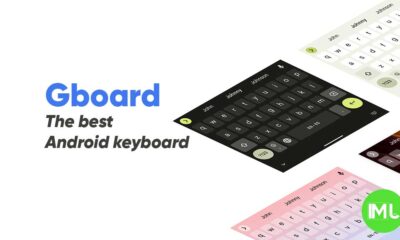
 Apps1 year ago
Apps1 year agoGboard Proofread feature will support selected text
-

 News1 year ago
News1 year agoSamsung USA crafting One UI 6.1.1
-

 News1 year ago
News1 year agoBreaking: Samsung Galaxy S22 may get Galaxy AI features
-
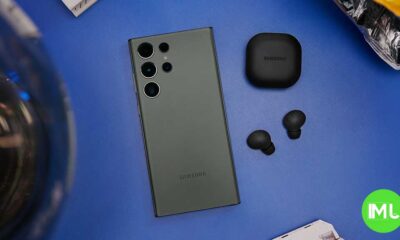
 News1 year ago
News1 year agoSamsung Galaxy S23 Ultra with One UI 6.1 and all S24 AI features revealed
-

 News1 year ago
News1 year agoOne UI 6.1 Auracast (Bluetooth LE Audio) feature coming to many Samsung phones
-

 News1 year ago
News1 year agoSatellite SOS feature coming to Google Pixel phones, evidence leaked
-
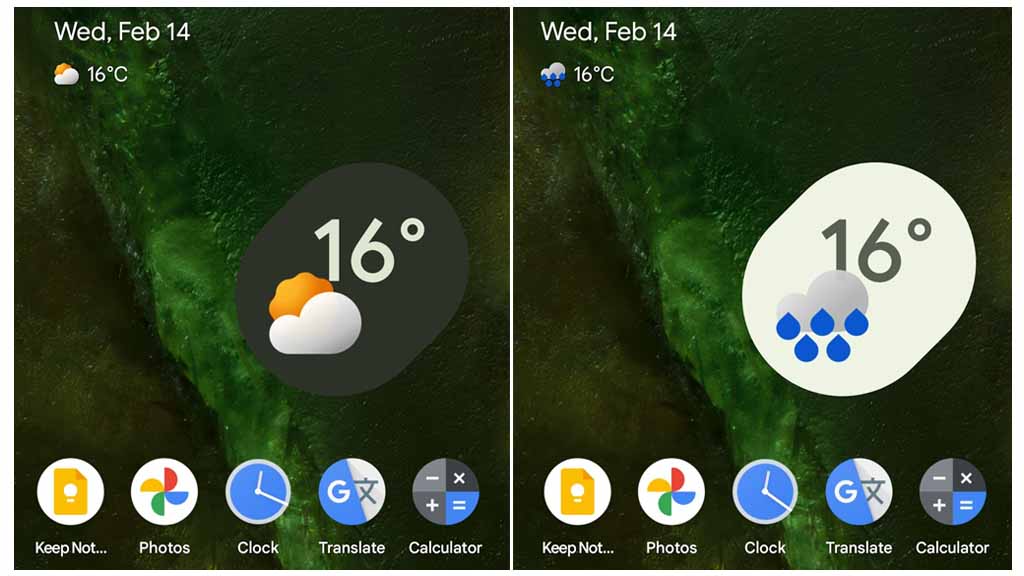
 Apps12 months ago
Apps12 months agoGoogle’s fancy new Weather app is finally available for more Android phones
-

 Apps10 months ago
Apps10 months agoGoogle Contacts app testing new Besties Widget




